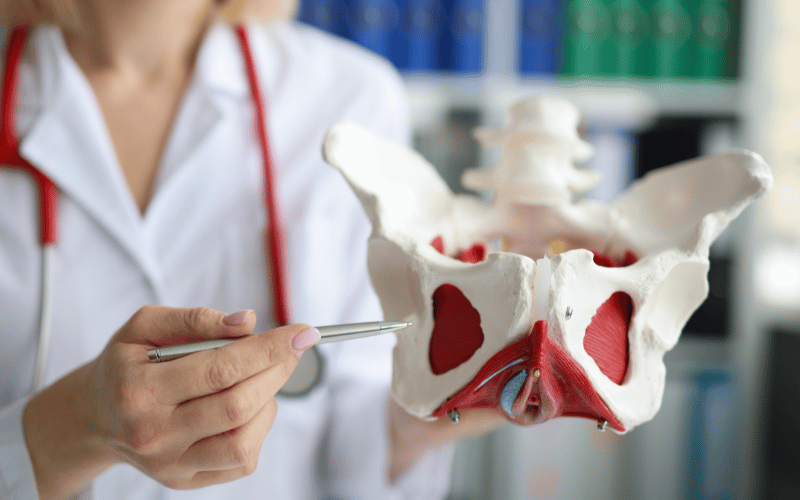4. Loss of Bone Density: The Hidden Skeletal Threat

Bones are the framework of our bodies, and their density is crucial for maintaining a robust structure. Testosterone helps to fortify bones, and when it’s lacking, men may face a silent weakening of this framework, known as osteopenia or osteoporosis in severe cases.
On a physiological level, testosterone aids in the absorption of calcium and the remodeling of bone. Without adequate levels, bones lose density, becoming fragile and more prone to fractures. Men might not feel this weakening until a sudden break occurs, often with minimal trauma.
This bone density loss can carry a psychological weight as well. The threat of breaking a bone can lead to anxiety and a reluctance to engage in physical activities once enjoyed. Men may start to view their bodies as fragile, leading to a cautious approach to life that sidelines them from active participation.
Social implications are also significant. Activities that involve physical contact or risk, like playing sports with friends, might be avoided. This can lead to social isolation and the loss of shared experiences that once were a source of joy and bonding.
Physically, the impact of weakened bones extends beyond the risk of fractures. Posture may suffer, height can decrease, and there can be a chronic aching in the bones, often mistaken for general soreness or fatigue. Recognizing the link between low testosterone and bone density is essential in preventing the severe consequences that can arise from this often-overlooked symptom. (4)